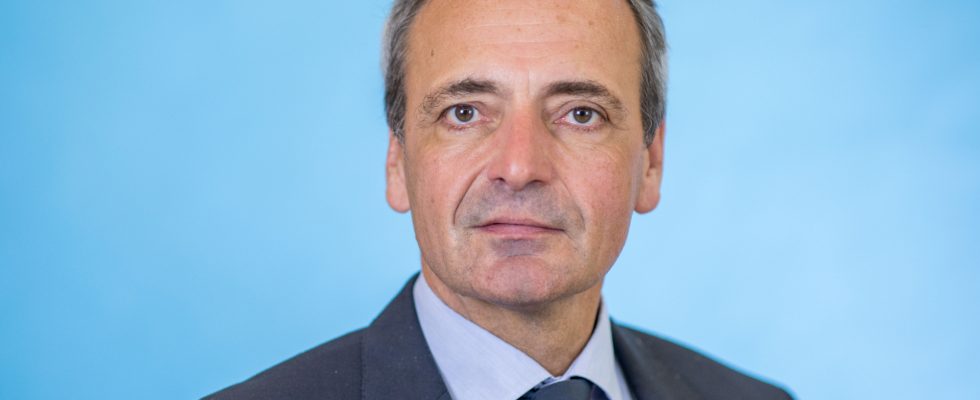Status: 08.04.2023 10:45 a.m
The German ambassador in Chad has to leave the country within 48 hours. The government in N’Djamena declared the diplomat Kricke an undesirable person – without explaining this in detail.
The Central African country of Chad has expelled the German ambassador. In a statement, the government in N’Djamena asked Ambassador Gordon Kricke to leave the country within 48 hours.
The government of the country of 17 million inhabitants justified the step with the “rude attitude” and “lack of respect for diplomatic customs” on the part of the German diplomat. However, no further justification for the procedure was given.
“Absolutely incomprehensible”
“For us, the reasons why the government of Chad declared our ambassador in N’Djamena persona non grata are absolutely incomprehensible,” said the Foreign Office in Berlin. “We are in contact with the Chadian government about this.”
Kricke has headed the German embassy in Chad since July 2021. Previously, he served as ambassador to Niger and the Philippines, among other things. Before moving to N’Djamena, he was Germany’s special representative for the Sahel.
A Chadian government source told AFP that Kricke was specifically accused of “interfering too much” in the country’s governance. He was also criticized for allegedly divisive statements. Kricke received several “calls to order”.
Elections postponed, protests put down
The country in the Sahel region, which is riddled with poverty and corruption and borders Libya to the north and Niger to the west, has been ruled by President Mahamat Idriss Déby Itno since April 2021 after his father, long-term ruler Idriss Déby, was overthrown by rebels in the north of the country had been killed.
Deby Itno had promised to hold democratic elections within a year and a half. However, in October 2022, Déby’s rule was extended for another two years. There were demonstrations by the opposition, which were brutally suppressed. Many diplomats in the country had sharply criticized the violence.
At the time, the federal government and several other EU countries expressed their concern about the delayed return to democracy.

